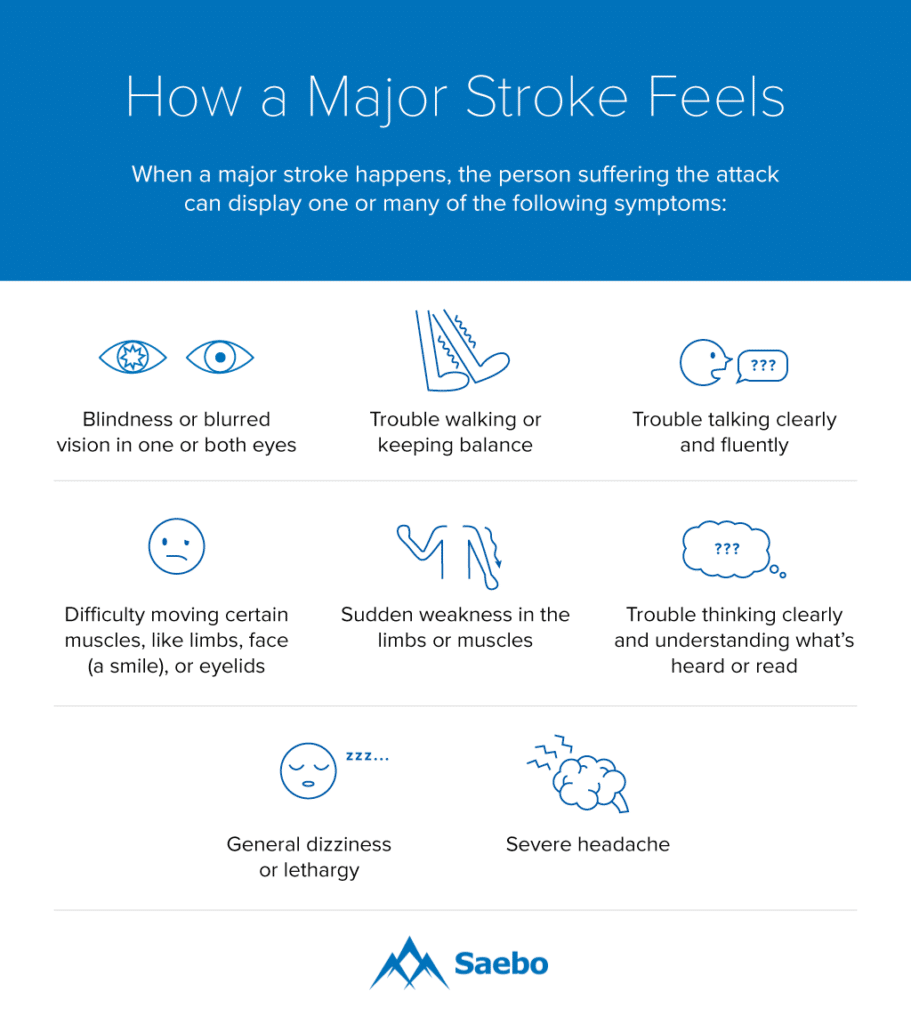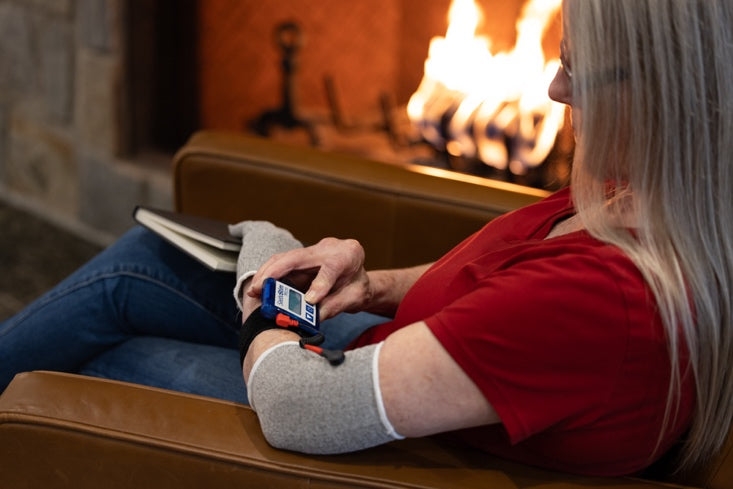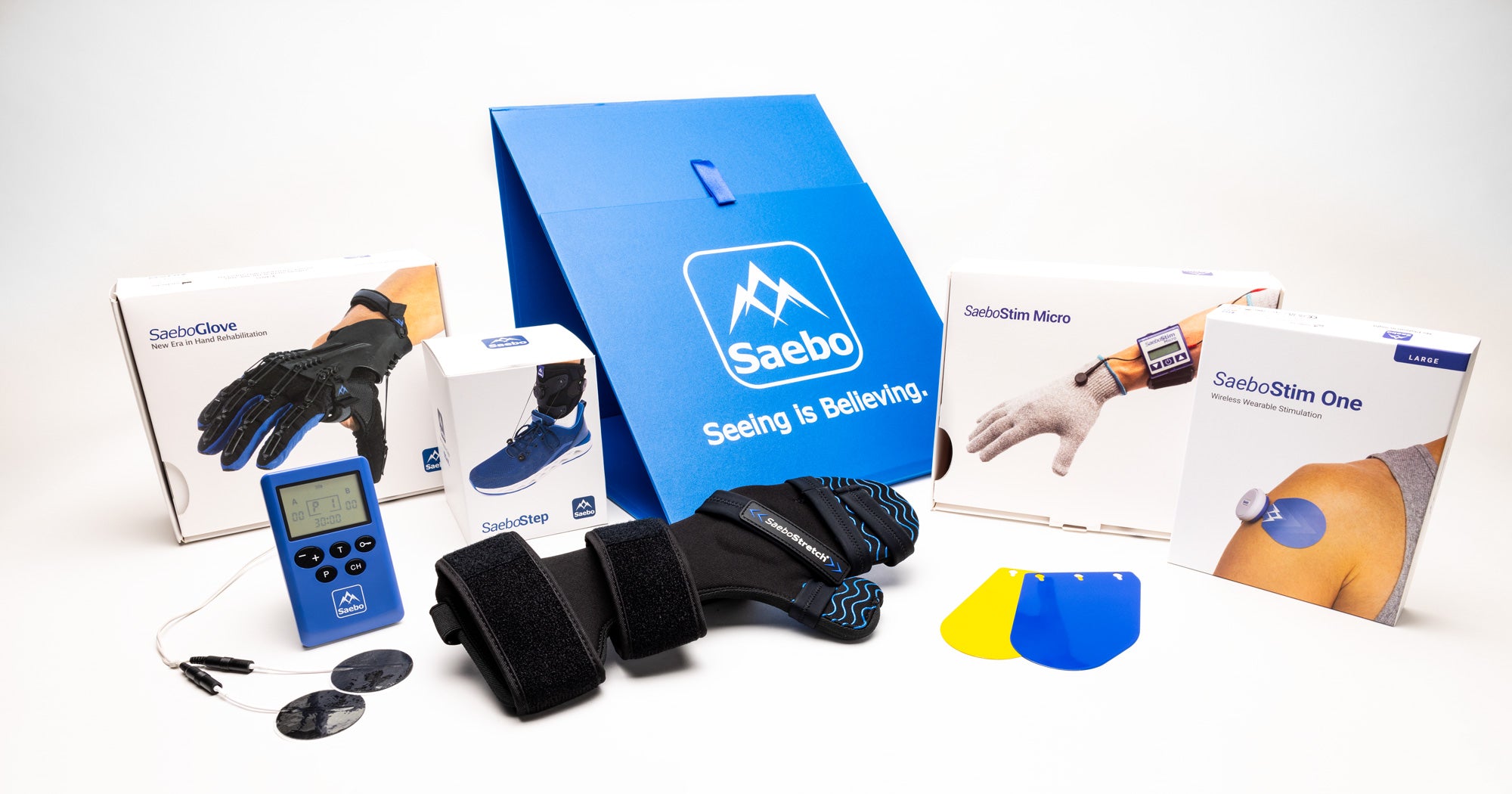What Does A Stroke Feel Like?


Like heart attacks, strokes are sudden and can be fatal. They are “brain attacks” because they happen when a blood clot blocks an artery to the brain, stopping oxygen flow and killing brain cells. And as with a heart attack, knowing how to recognize the early signs of a stroke will help you get the medical treatment you need, shorten your recovery time, and reduce the risk of severe, long-lasting consequences.
Understanding the signs of a stroke—either in yourself or in someone else—is very important, especially if you are among the population that’s most at risk for experiencing one. Symptoms can vary from person to person and depend on which area of the brain is affected. Below, we review the most common signs of stroke, as well as some reported by individual survivors, so you know what to watch out for.
Major Stroke vs. Mini-stroke
Every stroke has the potential to damage the brain, but some strokes are more dangerous than others. The main difference between a major stroke and a mini-stroke, or transient ischemic attack, is that the blockage in the ischemic attack is temporary.
The symptoms of these strokes are also a bit different, as outlined below.
How a Major Stroke Feels
When a major stroke happens, the person suffering the attack can display one or many of the following symptoms:
- blindness or blurred vision in one or both eyes
- trouble walking or keeping balance
- trouble talking clearly and fluently
- difficulty moving certain muscles, like limbs, face (a smile), or eyelids
- sudden weakness in the limbs or muscles
- trouble thinking clearly and understanding what’s heard or read
- general dizziness or lethargy
- severe headache

These symptoms usually appear suddenly and must be attended to immediately. Aside from the headache, they do not cause pain. In the case of trouble speaking, the person may not be aware that their speech is slurred or garbled due to the cognitive effect of the stroke.
What a Mini-Stroke (ischemic attack) Feels Like
A mini-stroke is often a warning sign that a major stroke is about to happen. The symptoms are usually the same, but they are short lived and disappear on their own. This is because in an ischemic attack, the blood clot is either partial or clears away after a few moments. Typically, the symptoms clear after 24 hours, but some may last only a few minutes. The most common symptom is usually motor disruption (trouble walking or moving limbs and muscles), but other symptoms can also occur.
Do not ignore these symptoms just because they don’t last long. Although mini-strokes do not cause permanent damage, they are a sign that there is a blood-flow problem to your brain. Even though the symptoms might be gone by the time you see a doctor, you should make a note of them so you can discuss what happened. The only way for a doctor to confirm a mini-stroke is to order an MRI.
A Stroke is Different for Each Person
Because everyone is different, everyone's experience of a stroke is a little bit different, too. Here are some descriptions of strokes by people who have suffered them.
The author Martin Stephen writes: "Suddenly, I feel a complete silence in my head. I watch, as if I'm a total stranger, my right hand sweeps across and knocks the drinks into the lap of the barman.
“I feel no pain, rather a full-body numbness—as if a dental injection has seeped over my whole body. I know I'm being embarrassing—horribly, grossly embarrassing. I mumble something incoherent. 'Please take me out of here,' I try to say. 'Please take me away from these people who'll simply think that I'm drunk.' It is pride talking. I must not be seen like this.”
David Thulin on Quora describes his this way: "Mine didn't hurt at all, made me acutely tired, and created lots of fake noises. Like I was at a rave. After that, it felt like my body was intoxicated, but my mind not: I was wondering ‘why the blurred speech/bad balance/clumsy movement/low strength?’”
And neuroanatomist Jill Bolte Taylor did a very descriptive TED talk about her stroke:
Know the Signs and Pay Attention
For most people, a stroke happens so unexpectedly that they're not sure what is actually happening. But knowing the signs of a stroke can help you save someone you love, or even yourself, from long-term disability or worse.
All content provided on this blog is for informational purposes only and is not intended to be a substitute for professional medical advice, diagnosis, or treatment. Always seek the advice of your physician or other qualified health provider with any questions you may have regarding a medical condition. If you think you may have a medical emergency, call your doctor or 911 immediately. Reliance on any information provided by the Saebo website is solely at your own risk.
All content provided on this blog is for informational purposes only and is not intended to be a substitute for professional medical advice, diagnosis, or treatment. Always seek the advice of your physician or other qualified health providers with any questions you may have regarding a medical condition. If you think you may have a medical emergency, call your doctor or 911 immediately. Reliance on any information provided by the Saebo website is solely at your own risk.



